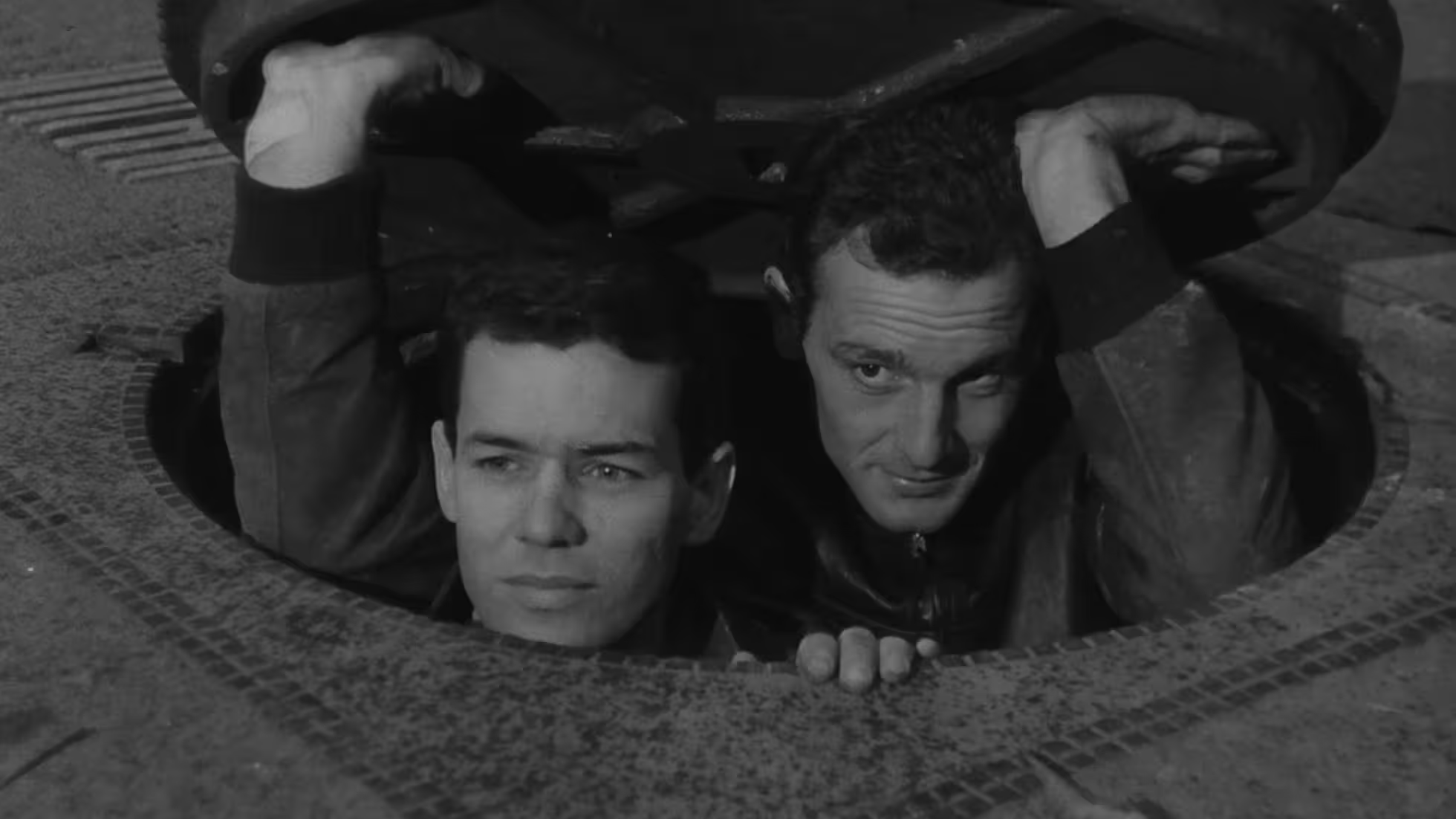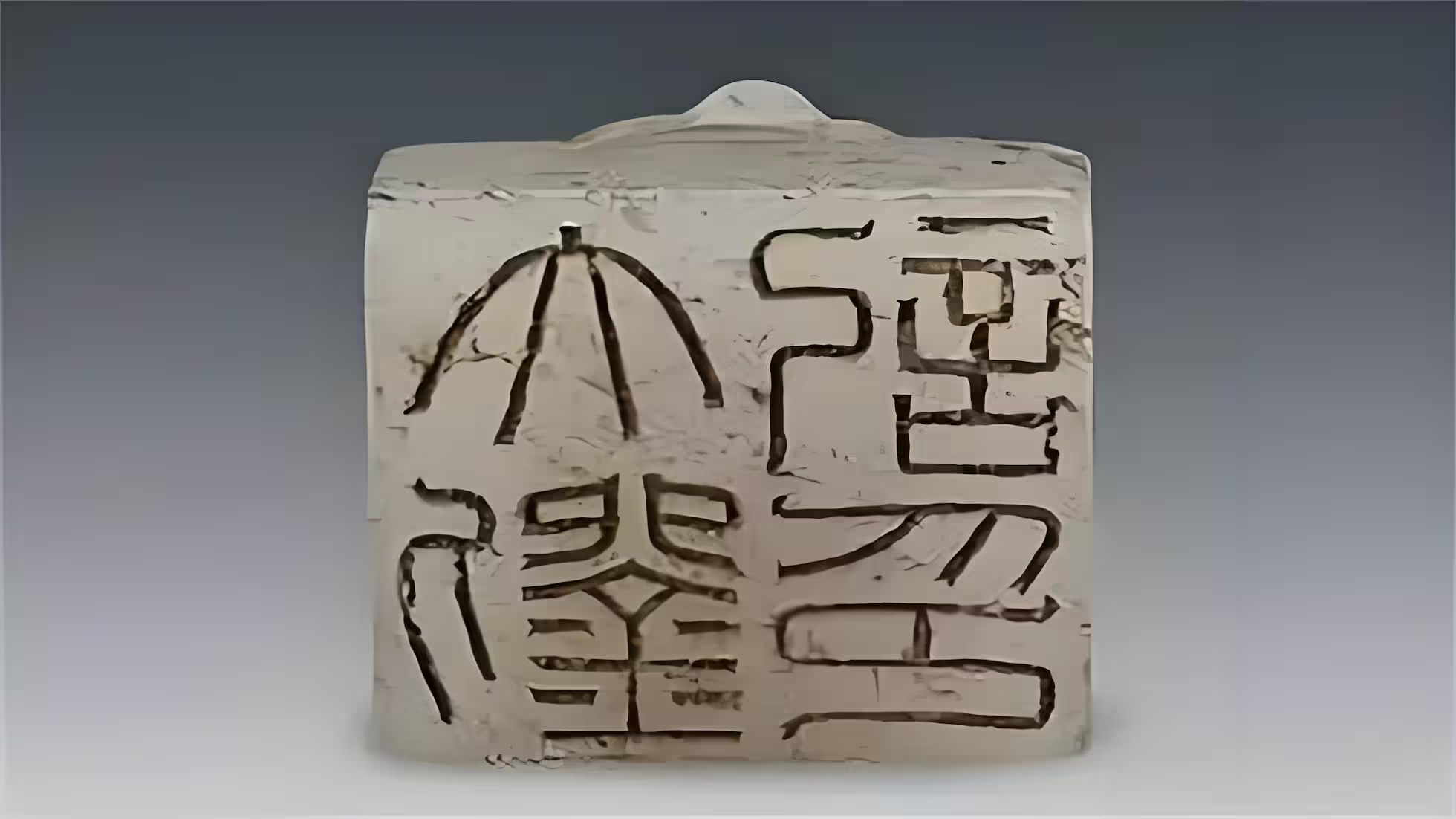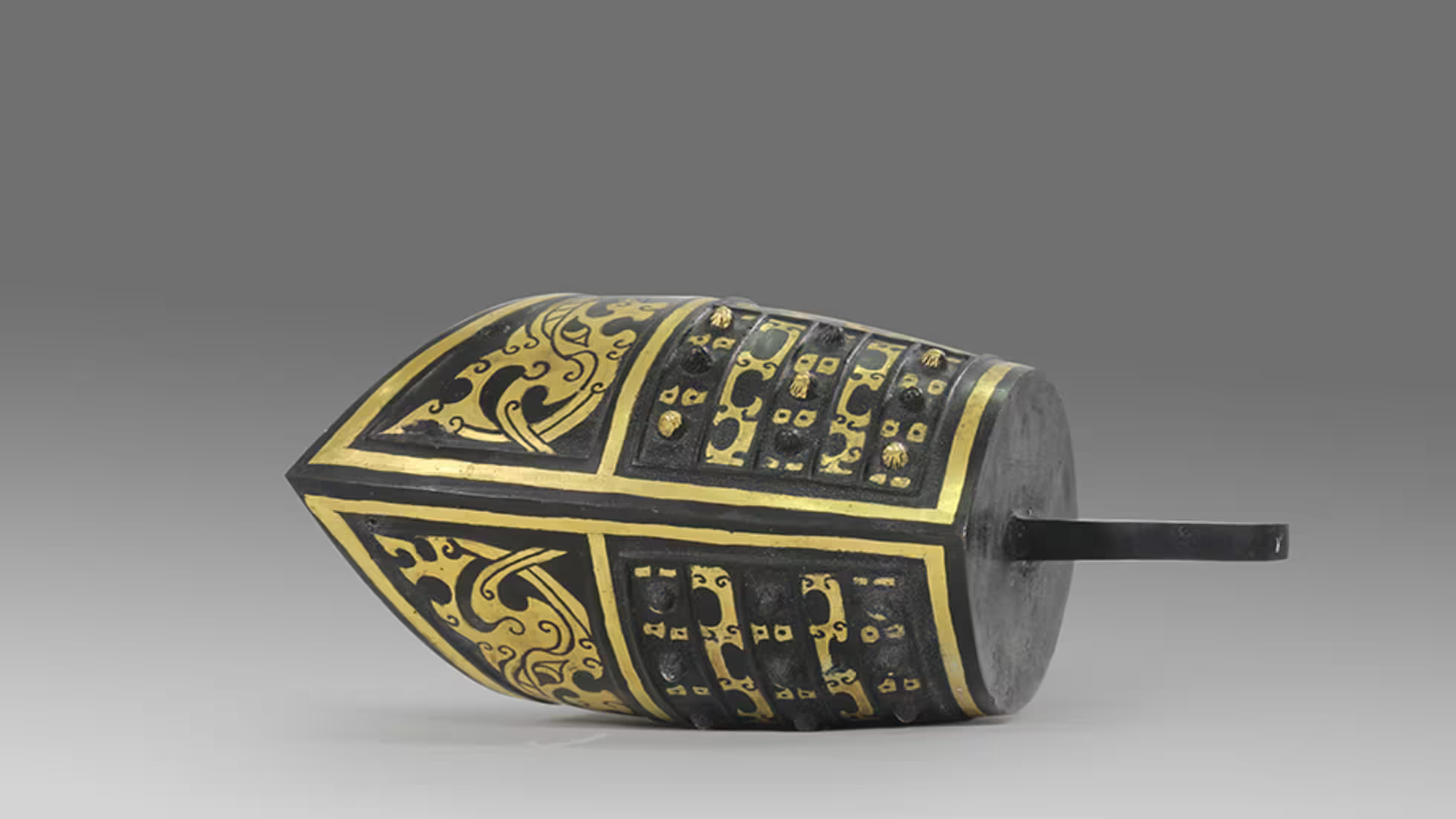How Did I Become the ‘Medicine God’

Driven by the state’s zero‑tariff policy on imported anti‑cancer drugs and the much‑discussed Lu Yong case — which “gave more patients a path to self‑help and helped gradually pull people back from the edge of disaster” — the film Dying to Survive became a phenomenon.
Cheng Yong, a middle‑aged man with a paralyzed father and a failed marriage, cannot afford his father’s medical expenses or his son’s support. By reselling the Indian generic “Glinib,” he both helps many patients with chronic myeloid leukemia and improves his own livelihood. He knows full well that agency and resale of a prohibited drug constitute smuggling and the sale of counterfeit medicine, and that once exposed he could face a decade or more in prison. Pressured by the original‑drug maker “Nova” (a stand‑in for Novartis; “Glinib” refers to Glivec/Imatinib), by the police, and by a fake‑drug trafficker Zhang Changlin, he is forced to quit. Beneficiaries such as the ailing middle‑aged man Lü Shouyi, the rebellious rural youth Peng Hao, Liu Sihui whose daughter has leukemia, and Pastor Liu have no choice but to part ways with him. A year later, Lü Shouyi, unable to afford either Zhang’s generics or Nova’s originals, takes his own life under unbearable pressure. Fate drags Cheng — now modestly successful — back into the gray market for Indian “Glinib.” As the originator relentlessly cracks down, the police arrest Cheng and his associates. Facing five years in prison and the judgment of the law, Cheng accepts it calmly. He believes his conscience is clear.
Birth, aging, sickness, and death are the natural cycle of life. No one is willing to be beaten by disease. Everyone has the right to live — and to fight for it. The elderly leukemia patient says to officer Cao Bin: “I want to live.” Three simple words speak to everyone’s heart. The world is so beautiful — who doesn’t want to live? The most frequent scenes in the film are meals: Lü Shouyi and Peng Hao eating boxed lunches nonstop; Cheng Yong grabbing street food alone; Cheng’s father spooning down patient meals; Cheng dining with Lü’s family; and the “medicine team” eating hot pot. Food is the basis of survival; medicine is the key. You can’t stop eating, and you can’t stop the medicine.
Reality’s waves repeatedly toss small people to the crest and then smash them into the trough. A single pill can seize a life by the throat. While lamenting life’s fragility, we should also reflect on what a company’s responsibility truly is. Yes, every entrepreneur survives only after brutal market competition. For originator drug companies, the R&D–clinical–testing pipeline carries immense risk; only reasonable profits create the incentive and capacity for virtuous development and for solving larger social problems. Yet corporate social responsibility does not correlate absolutely with a company’s scale or strength. As the owner of a tiny factory, Cheng can still donate most of his profits to help leukemia patients. Must a global pharma giant like Novartis really sell a bottle for 30,000 yuan just to keep the lights on? I can’t help but think of Tu Youyou’s discovery of artemisinin. There were historical reasons not to patent it at the time, but more importantly there was a sense of social responsibility: scientists published artemisinin’s structure and synthesis, and aided Vietnam and Southeast Asia without charge. Merck likewise distributed ivermectin free of charge across river‑blindness‑stricken regions of Africa. A company should not only make money; it should shoulder social duty.
This is more than a sigh. Society is imperfect. Only individual striving can loosen fate’s grip; only collective striving can eliminate poverty and disease.
Published at: Jul 8, 2024 · Modified at: Sep 11, 2025


